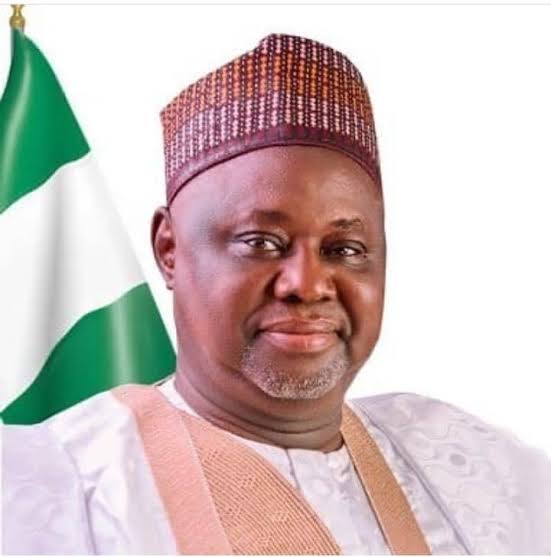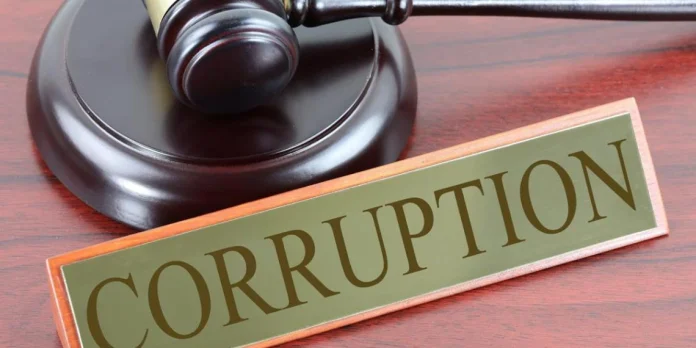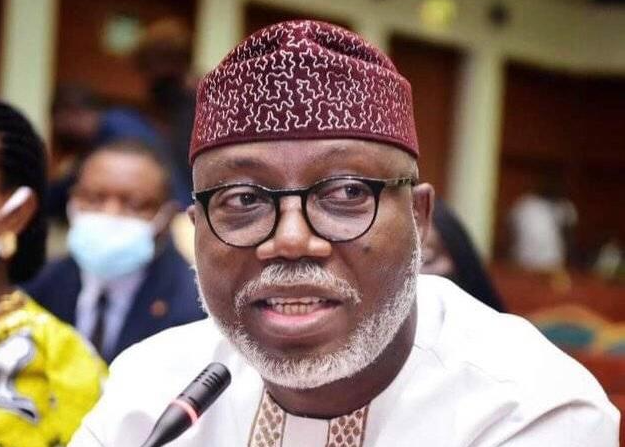By Azu Ishiekwene
A minimum wage is one slippery slope guaranteed to take the gander from economic misery to wretchedness.
I’m opposed to minimum wage. And I know I’m saying this at the risk of losing readers. The minimum wage hurts the poor and vulnerable in whose name and interest Labour claims to strike.
Sounds foolish, right? How can more naira in the pocket of the Nigerian worker currently on a minimum wage of N30,000 be bad?
In a country where each of 469 lawmakers earns N13.5 million monthly, minus allowances, and office holders in the executive branch use large convoys and maintain large personal staff at the public expense, why should there be any fuss about the government paying N494,000 monthly as minimum wage to workers?
The obscenity of public sector waste has been one of the strongest arguments for a new minimum wage. On top of that, there has been the inflationary impact of the adjustments announced last year by President Bola Ahmed Tinubu, especially after the removal of the petrol subsidy and efforts to close the arbitrage in the foreign exchange market.
The argument for minimum wage is that if some folks, especially politicians, have assumed the prerogative of helping themselves to the treasury by ingenious means, what is sauce for the goose must also be sauce for the miserably impoverished gander.
Yet, a minimum wage is one slippery slope guaranteed to take the gander from economic misery to wretchedness. Basic Economics by Thomas Sowell makes the point very clear, and the lives of those who might disagree will bear out the evidence.
Wage Law Trap
One, minimum wage laws set artificially high wages that can lead to lower employment opportunities, particularly among low-skilled workers. Take Nigeria, for example. Of the estimated 80 million labour force, skills among the largest demographic of this population (those between 25 and 34 years of age) are inferior.
A 2022-23 study showed that only one in 10 workers are managers, professionals, technicians, clerical support workers or occupations that require high skill levels. Most need to be better skilled and would be seriously disadvantaged in competing for any opportunity that may attract relatively high wages.
Remember that the essentially overpaid, underworked, and yet restive public service – whether at the federal, state or local government levels – comprises only a tiny fraction of the workforce. Nearly 90 per cent of Nigeria’s workforce, which may be affected by any artificial wage adjustment, are in the informal sector, that is outside white-collar jobs.
Cutting Your Nose
If employers are forced to make hard economic choices about hiring or firing due to artificially fixed wages, the low-skilled and vulnerable ones whose battle Labour claims to be fighting would be the first to go. Minimum wage laws do not necessarily guarantee jobs, yet they make it more expensive to hire or retain low-skilled workers that such laws are supposed to protect.
Two, minimum wage may lead to further increases in prices. In 1974, when the government of General Yakubu Gowon accepted the Udoji commission report and nearly doubled salaries across the board, taking primary school teachers from N540 to N1,080, for example, price levels skyrocketed, even before the government implemented the new wages in the public sector! It is convenient to say it won’t get worse until your maize seller or maiguard hears you’re now on a monthly salary of N494k!
Third, another unintended consequence of minimum wage is that it might reduce job opportunities for young people because employers may be forced to prioritise experience and skills. Also, minimum wage laws could reduce the chances of employment amongst groups like the physically challenged, for example, who may be perceived to be less productive.
Of course, there is the other side – those who argue that if left alone, the typical employer would squeeze the last productive juice from the worker before any wage adjustments.
Supporters of this position say that the fair thing to do to reduce income inequality, boost economic growth, reduce labour turnover, and promote social mobility, among other things, is to fix wages. Prominent economists Paul Krugman and Joseph Stiglitz belong here.
I don’t. And I have no regrets. Not that I don’t believe that fair is fair. My point is that this is not a lesson the government is competent to teach the market. If an employer – any employer – decides to mistreat its workers, it would only be a matter of time before such an employer would be out of business. In a free market, the skills and talents of the worker will, sooner than later, find better, more rewarding opportunities.
Other Options
And who says minimum wage laws are the only way to encourage fairness and social mobility in the workforce? Earned Income Tax Credits, EITC, which target low-to-moderate-income earners or a more transparent variety of the Nigerian equivalent – conditional cash transfers (hopefully with a more reliable database) – is another way. Several African countries, including Kenya, South Africa and Ghana, have modified and adopted this system.
Also, market-indexed wages (here again, Ghana could serve as an example) remove the unending, disruptive cycle of national minimum wage negotiations and strikes. There are other options, including performance-based pay and flexing compensation.
Many workplaces today were built on the expensive brick-and-mortar model, which has become too costly and inefficient. Employers could consider flexible work hours or more remote options to reduce commute and overhead costs and encourage moderate wage compensations.
On whichever side you belong, the consensus among economists is that minimum wage laws increase unemployment among low-skilled workers, a bitter truth that Labour may be unwilling to face.
Of course, it’s not only minimum wage that is bad for jobs. Over-regulation concerning capital, high corporate taxes and levies, poor infrastructure and bureaucratic hurdles to contract enforcement are also bad for jobs, businesses, and workers.
Thatcher Way
I don’t like Magaret Thatcher, primarily for her duplicity over apartheid. But she gets full credit, in my books, for saving Britain from the wild strikes of wild unions that brought the country to its knees.
Of course, it’s also fair to say that, unlike Nigerian governments, Thatcher did not break workers’ eggs to make her omelettes. She was not for the turning in her determination to free the economy from the shackles of unions and in her government’s example of austere living.
Yet today, Britain appears to be losing its competitive business edge. Partly a result of the resurgence of the unions and right-wing rhetoric, it falls among countries which have been worst for income in the last 15 years, with incomes across the board growing by just six per cent since 2009, making it a laughing stock among countries in its league.
Half-full
Nigeria is not listed among countries with the slowest wage growth at least in the last 15 years – a list which includes countries like South Sudan, Central African Republic, the Democratic Republic of Congo, Niger, Malawi and so on. Apart from bureaucracy and corruption, the main challenge for Nigeria has been the tendency, especially among states, the main power blocs, to prioritise rent and politics over creativity and competition.
The strikes and disruptions over wages are not funny at all. In the cauldron of Nigeria’s post-election politics, this may look, smell, and even feel like a continuation of the war by other means. But in the end, we all pay a price. And you know what? The serious world doesn’t care. It is moving on!
Azu Ishiekwene, the Editor-in-Chief of LEADERSHIP Newspapers, is author of the new book, Writing for Media and Monetising It.










